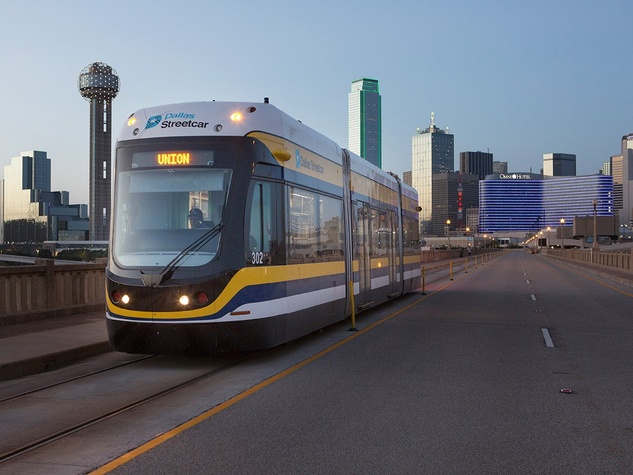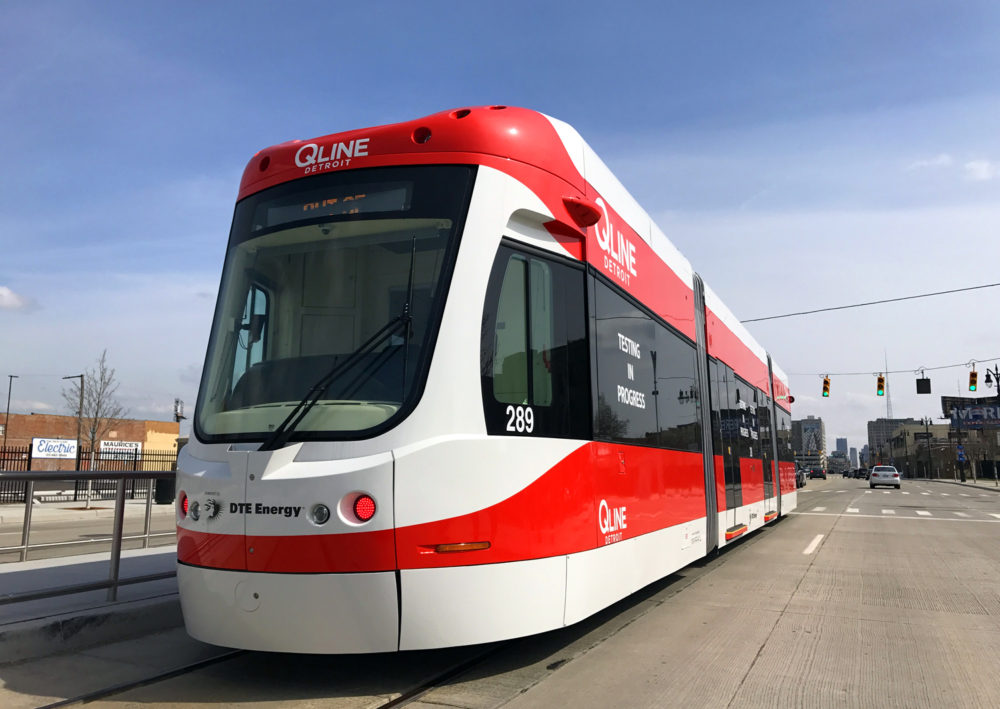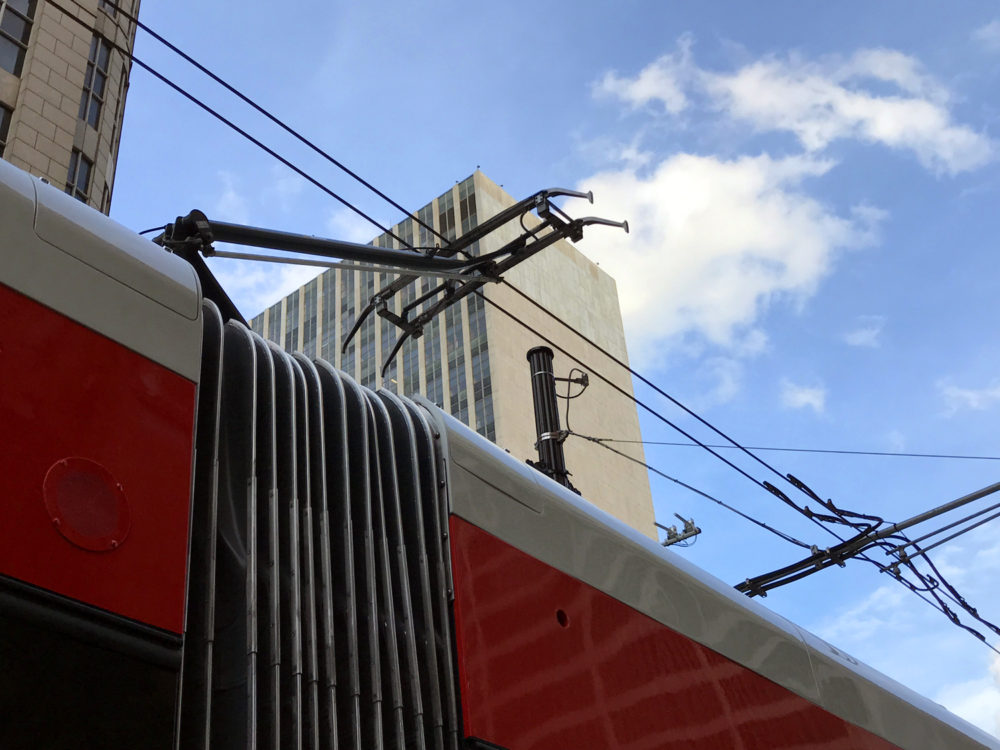
This is the second part of a multiple part series about modern streetcars.
Part 1: Streetcar revival derailed by host of shortcomings, dangers
The most troubled streetcar system in the U.S. is in Dallas, where a slew of mechanical failures has forced the $4.5 million vehicles out of service more than 70 times in the past seven months.
In April 2015, Dallas pushed the frontier of technology by debuting the nation’s first hybrid streetcars, which are powered by batteries when not attached to overhead cables. But the shiny, sleek “Liberty Modern” streetcars are so unreliable that daily ridership has plummeted to just 300, by far the lowest in the country.
buy wellbutrin online rxxbuynoprescriptiononline.com/wellbutrin.html no prescription
City of Dallas officials want to hold the manufacturer, Pennsylvania-based Brookville Equipment Co., responsible for problems that range from faulty brakes and hydraulics to failing batteries that power the streetcars when they’re off-wire.
The disastrous performance of the streetcars could spell trouble for Detroit, which will become the second city in the U.S. to use the same “Liberty Modern” vehicles. The $140-million QLine is scheduled to launch May 12.
Hybrid streetcars are the newest trend in transit because they allow cities to rely less on cumbersome overhead cables. Oklahoma City and Milwaukee also purchased “Liberty Modern” streetcars, which are expected to launch next year.
buy xenical online rxxbuynoprescriptiononline.com/xenical.html no prescription
But with only a handful of hybrid streetcars operating in the world, the technology is largely unproven, making it an expensive gamble for cities.
Detroit’s system is the most ambitious yet because 60% of the 3.3-mile track is off-line, compared to 1 mile in Dallas. The lithium-ion batteries are charged by an overhead catenary system and have enough power to operate for more than 1 mile without electricity.
“We’re pushing the envelope on this really old industry,” Paul Childs, the QLine’s chief operating officer, told the Detroit Free Press two years ago. “We wanted to push the off wire as far as we could go.”

Brookville created the “Liberty” hybrid streetcars for Dallas, which was prohibited from erecting visible cables over the mile-long Houston Viaduct.
buy yasmin online rxxbuynoprescriptiononline.com/yasmin.html no prescription
“That bridge is approximately a mile long,” Mark Ball, a DART spokesperson, told Houston Public Media. “And obviously we could not build a street car system with overhead wire on a historic structure. So we had to come up with a way to self-propel or push something across that bridge.”
But the streetcars haven’t worked out so well for Dallas, which routinely alerts residents that the vehicles are out of service.
Both Dallas Streetcars are out of service due to mechanical issues. Passengers should prepare for delays. Thank you for your patience.
— DARTAlerts (@DARTAlerts) April 6, 2017
Detroit originally wanted to buy hybrid streetcars from Inekon Group of the Czech Republic, but negotiations fell apart.
Inekon Group built hybrid streetcars for Seattle, which became the second city in the U.S. to use off-line streetcars. Since the streetcars debuted in January 2016, mechanical failures have plagued the $56 million system. In March, the 1.3-mile system shut down for three weeks, when an electrical malfunction caused a streetcar to lose power and slide two blocks without working brakes. The entire fleet was taken out of service for close inspection. Until the city can find a long-term solution, which may require new components from overseas, the hybrid streetcars are barred from traveling faster than 7 mph.
The cost of Detroit’s six streetcars, which include spare parts and support services, was $32 million.

So far, Detroit’s streetcars have run smoothly, requiring only “one minor equipment repair,” said QLine spokesman Dan Lijana.
“Testing has gone very well,” Lijana told us. “Our operator, Transdev, has been working successfully to train staff including operators and supervisors. We’ve had to train and test for every scenario as part of this process and so far, things have gone smoothly. There have been no incidents that have affected testing of the vehicles or training of the operators.”
If problems do surface, Lijana said Brookville has a good reputation for service.
“Brookville works hand-in-hand with its partners to rapidly reach a resolution when issues do arise and will remain committed to QLINE fleet long after revenue service begins with on-site technical support and troubleshooting.”
Only time will tell.
Brookville didn’t respond to questions for this story.
Motor City Muckraker is an independent watchdog funded by donations. To help us cover more stories like this, please consider a small contribution.
Steve Neavling
Steve Neavling lives and works in Detroit as an investigative journalist. His stories have uncovered corruption, led to arrests and reforms and prompted FBI investigations.
